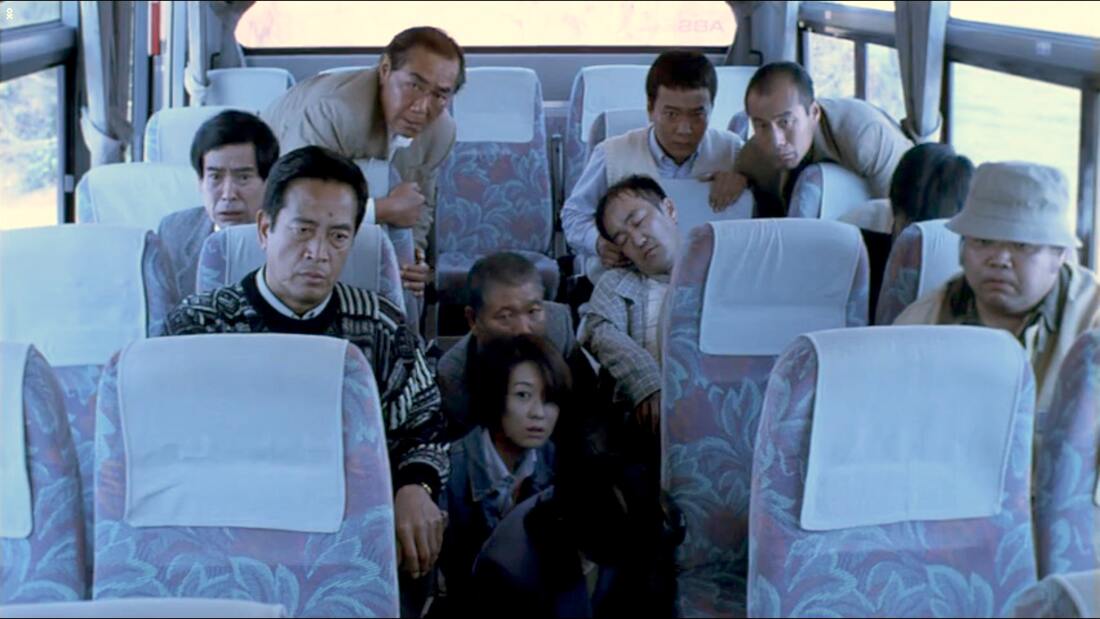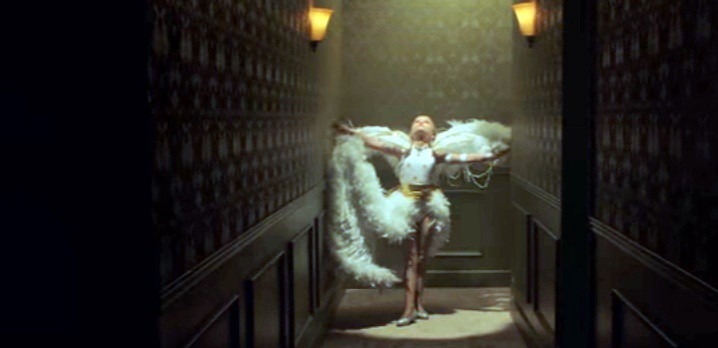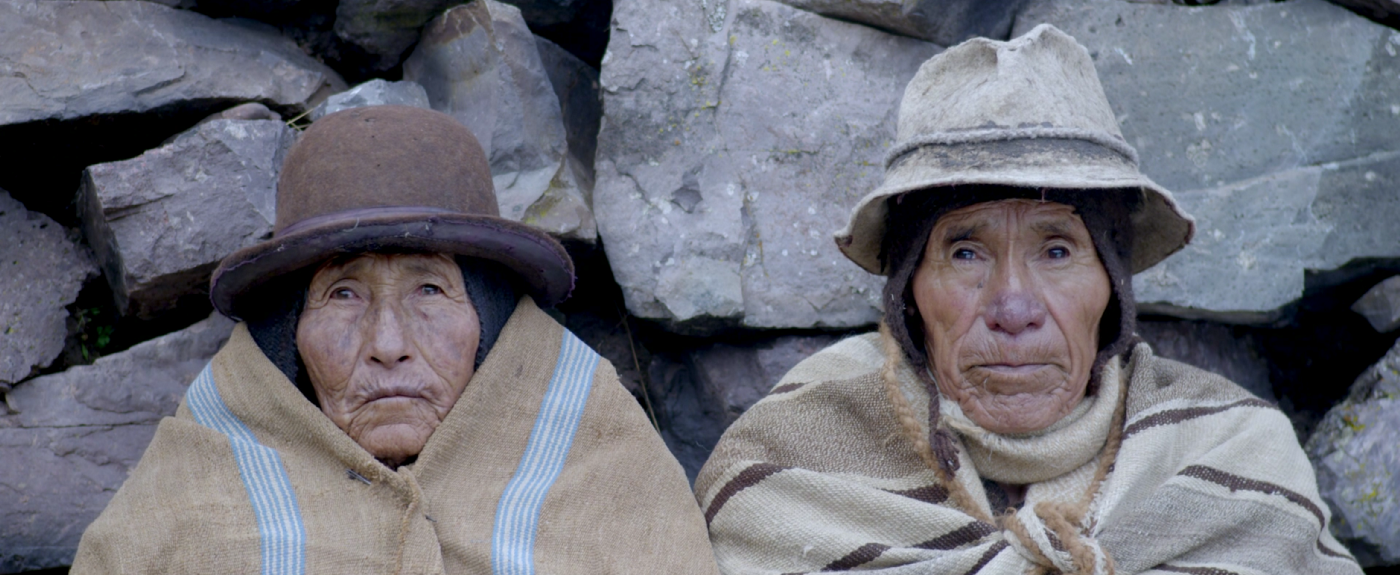
This article does not contain any outright spoilers but I do not recommend reading it unless you have seen the movie.
In Jane Campion’s new film The Power Of The Dog, she manages to deftly anticipate what the audience is thinking and work it to her advantage. Her manipulations are especially interesting if you have seen her 1993 film The Piano. The Power Of The Dog often resembles the tense love triangle from The Piano or the triangle Campion creates in Bright Star from 2009, but the similarities end up being superficial. The chess pieces look familiar but Campion is playing a different game.

George and his wife Rose appear to be the main characters in Power of The Dog but their arc turns out to be relatively simple. The film’s main focus is Phil who is not only the most developed character but the driving force behind the narrative. A little trouble with accent aside, Benedict Cumberbatch renders an intense and compelling portrait of a man plagued by unresolved and unrelenting anger. His presence on screen is pure menace.
The Power of The Dog resembles a Tennessee Williams play in that there are oblique references to traumatic events that happened before the story began. Many of The characters are repressing deep pain. They hold on tight to their pasts at the cost of being able to face the present. Phil has some similarities to Brick from Cat On A Hot Tin Roof. Both men are frustrated by forbidden homosexual feelings and a world that will not understand or tolerate them.

If on the surface Power of The Dog has similarities to a Williams’ play, underneath it is more like a Flannery O’Connor story. The Williams facade provides the psychological struggle but it’s the O’Connor undertow that hides something darker that threatens to overwhelm everything with horror.
Like in The Piano Jane Campion fills Power of The Dog with foreshadowing. Both films have countless references to how they will end. If you watch The Piano a few times you will find there is hardly a scene in the film that doesn’t hint at what is to come. Power Of The Dog is similarly filled with foreshadowing but it remains vague. It results in a general sense of impending doom. It is not clear how this doom will come about or what shape it will take but there is an unsettling sense that something terrible is about to happen. When the film is over and Campion’s misdirection is revealed you want to go back and search through the film for warning signs and the hints that you have missed.
As is typical in the Western genre the landscape has a prominent role in Power of The Dog. The wide-open prairies seem to offer endless freedom but they are more restrictive than they appear. The vastness and desolation of the dusty plains may as well be an insurmountable wall preventing anyone from leaving. An attempt to run off on foot would surely end in death.

One horizon is dominated by scrubby hills whose presence seems to threaten everyone. They have a deep effect on Phil who monitors them as if they were monsters looming in the distance. Every location in the film feels like a potential crime scene. The alley between the two buildings, the open horizon, the barn, the hills, and Phil’s secret grove hidden away behind a thicket, all await some calamity.
The title of the film is taken from Psalm 22:20 in The King James version of the Bible. King David is praying for victory over his enemies, “Deliver my soul from the sword; my darling from the power of the dog.” By using the word dog the psalm evokes a contest between the civilized and the barbarian, between the chaos of nature and the refinement of the righteous.
These themes are just as present in The Piano. There are the three white Europeans trying to make a home and a living on a remote jungle island. They struggle to uphold the mores and dictates of British society but the wild nature of their surroundings draws out instincts and urges that are too strong to tame.

This sense of the uncivilized is part of the Western movie genre. The word “Wild” in the phrase “Wild West” could be seen as referring to the wild and lawless behavior of the frontiersmen and cowboys or it could also be taken as referring to the untamed territory that such people were trying to make their own. Both interpretations are present in The Power of The Dog. The tension arises from whether or not the characters can tame their piece of land? Not just transform its parries and desert into farmland but maintain the morals and values of Western civilization in an unforgiving, unregulated wilderness.
The title “The Power of the Dog” can be seen as referring to the power of the wild within us. The power of our inner untamed nature. Young Peter is “untamed” in that he has yet to learn about life. The characters, as well as the landscape, vie for who will be the one to “tame” to “train” Peter. Training a dog is a contest for dominance. The master must be stronger than the dog’s natural, or “wild” impulses.
It is implied that Peter’s attraction to men is the problem. His sexuality has to be dealt with. Peter’s feelings have been hidden away but Phil may be luring Peter deeper into them in an attempt to destroy him. Phil gets increasingly hard to read. As much as we see him as malevolent he may be falling for Peter. The machinations of their relationship are all part of Campion’s misdirection. There is indeed something untamed at work but it is not sexual.

The Power Of The Dog can feel slow. Halfway through I felt my interest waning, but that was due to my mistakenly thinking that I knew where it was going. I thought surely that either Rose or Peter would be victimized by violence and I wasn’t looking forward to sitting through such scenes but I think Campion knew all too well what I was thinking and carefully orchestrated my experience of the narrative as it unfolded.
Power Of The Dog is not the sort of film you can easily walk away from. It’s a tricky thing to balance the ending so that it is not tied too tightly in a neat bow, but not so unresolved that we are left hanging. As the rope disappears under Peter’s bed there is a sense of completion but we know that Peter is still young and has much to do.

If you enjoyed this article you might also enjoy the following:
https://filmofileshideout.com/archives/favorite-scenes-no23-unforgiven




I disagree completely, tbh. But that's okay! That's what makes discussing filmmaking so elucidating.
I think Cumberbatch was woefully miscast and the film depends so much on him that his miscast makes it all fall like a house of cards; he could play the academic, but he couldn't play the rancher. His act as the alpha was not convincing even though the ranch help see him as the epitome of masculinity. He comes across more as a schoolyard bully than a legitimately menacing presence. The role needed a Marlon Brando, a Stanley Kowalski, not Sherlock on chaps.
I read the book after watching the film, and I was left even more disappointed. The book is fascinating and I fully recommend it.
6/10 before reading the book.
4/10 after the book.
Cinematography was lovely, though. It deserves all the praise. Everything else... meh.
Yes, I can see your misgivings about Cumberbatch. There was something awkward about him. I'm not sure about Brando's Kowalski as a replacement. I think you need someone colder, maybe Sam Shepard or Javier Bardem?